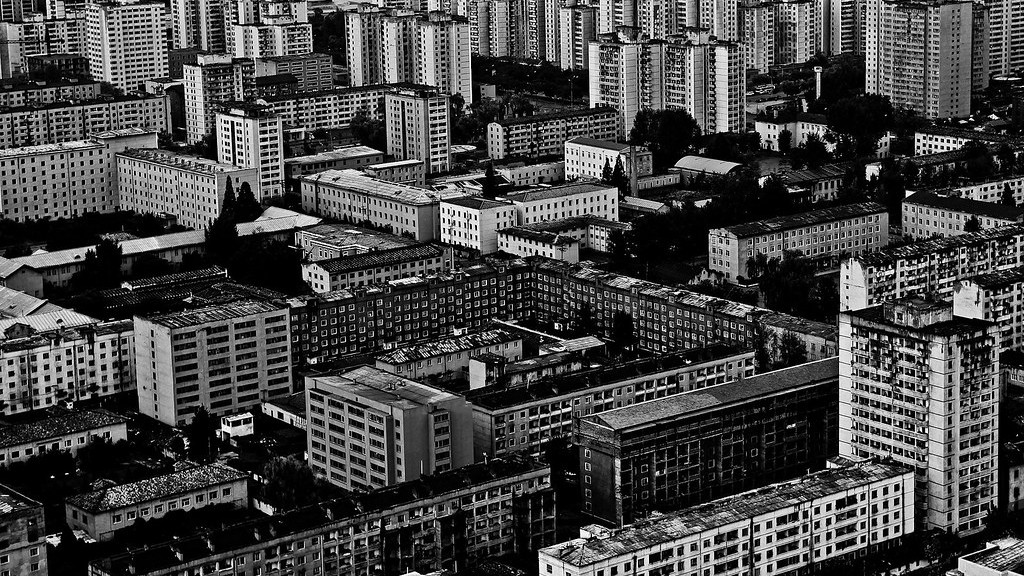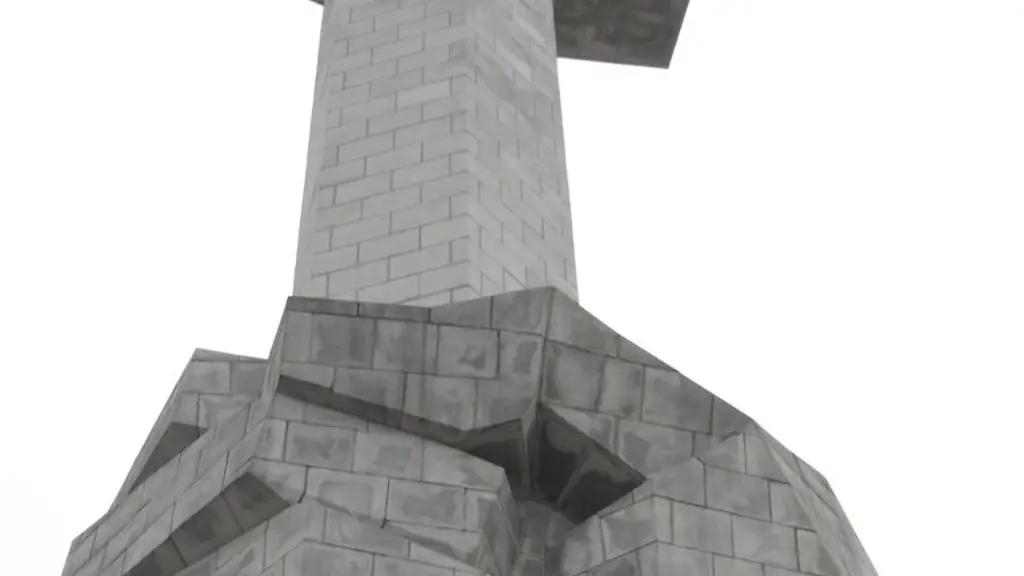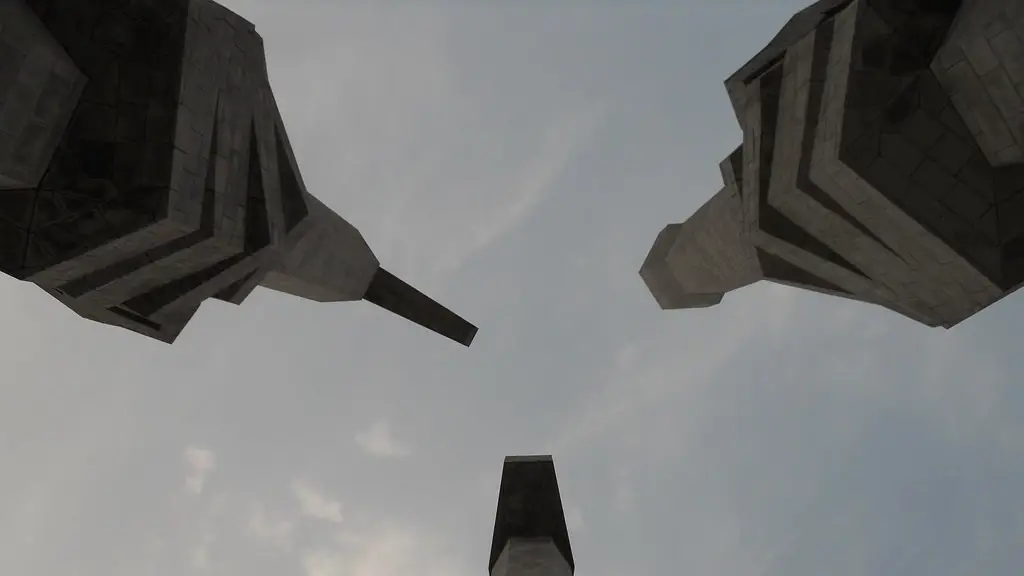Background Information
North Korea is a historically secretive state, and as such, much of its nuclear technology and weapons programs remain shrouded in mystery. Despite this, North Korea is believed to maintain a sizeable arsenal of nuclear weapons. The International Panel on Fissile Materials (IPFM) estimated in 2018 that the North Korean nuclear arsenal may contain anywhere between 25 and 30 warheads at the moment, with the potential to grow the stockpile further.
Relevant Data
According to IPFM’s 2018 Nuclear Materials Inventory, North Korea is believed to possess enough stockpiles of plutonium and uranium to eventually produce up to 60 nuclear weapons. In 2017, North Korea conducted its sixth underground test of a nuclear explosive device and estimated that bomb had a yield of 250 kilotons, which is 16 times more powerful than the bomb that devastated Hiroshima in 1945. Pyradio-chemical tests on the satellite imagery from Punggye-ri Nuclear Test Site have revealed the existence of seismic activity that would indicate an underground explosion in the mountain beneath the site. As a result of this, and other tests conducted by North Korea, it is now believed that it possesses the capability to produce high-yield thermonuclear weapons, along with the capacity to manufacture and deploy a limited amount of intercontinental ballistic missiles.
Expert Perspectives
There is still a wide range of disagreement amongst experts regarding how many nuclear weapons North Korea actually has, and how technologically advanced those weapons are. Scholars at the Carnegie Endowment for International Peace, however, have estimated that North Korea had between 15 and 20 warheads by 2018. In contrast, Hans Kristensen, a nuclear expert at the Federation of American Scientists, believes that the North Koreans had already reached 25 warheads by 2018, and he believes that it will continue to produce enough fissile material to build up to 50 warheads within the next five years.
Analysis and Insights
It is clear that North Korea takes its nuclear weapons program very seriously, and it has managed to amass a formidable nuclear arsenal over the past few years. While the exact number of warheads is impossible to determine with certainty, it is estimated that the North Koreans possess between 25 and 30 warheads, with the potential to increase the stockpile further. While the North Koreans still lack the sophisticated long-range missile technology necessary to deploy the weapons far beyond the Korean peninsula, they have demonstrated their capabilities to produce thermonuclear devices with immense destructive power.
What Does This Mean?
The increasing nuclear arsenal of North Korea has had serious implications for regional security, as well as for the broader international system. North Korea’s nuclear program has forced its regional rivals to reconsider their strategies, and it has also led to increased military tensions throughout the region. In addition, the nuclear threat posed by North Korea has pushed the US and its allies to strengthen their own defensive capabilities in the Pacific and beyond.
International Relations
As North Korea continues to increase its nuclear arsenal, the international community has been forced to reassess its foreign policy towards the country. The US’ so-called ‘maximum pressure’ strategy has had limited success in curbing North Korea’s nuclear ambitions, and negotiations with the North have so far failed to yield any results. As a result, the US and its allies have begun to focus on strengthening their own defensive capabilities in the region in an effort to deter North Korean aggression.
What Does The Future Hold?
The future of North Korea’s nuclear weapons program remains unclear, as the North maintains its highly unpredictable policies towards the international community. It is clear, however, that North Korea will continue to increase its stockpile of nuclear weapons, and that it will continue to test the boundaries of what is deemed acceptable by the international community. It is also likely that North Korea will attempt to improve its missile technology in order to deploy its weapons further than ever before.
International Reactions
The growing nuclear arsenal of North Korea has elicited strong reactions from the international community. US President Donald Trump has adopted a confrontational stance towards the country, but he has also expressed his willingness to engage in dialogue with its leader, Kim Jong-Un. Japan and South Korea have both adopted a more conciliatory approach, but they have also increased their military presence in the region in order to deter North Korean aggression.
Verification and Oversight
The primary focus of the international community in the wake of North Korea’s nuclear buildup has been to ensure that the country’s weapons programs are properly monitored and that its nuclear stockpiles remain secure. The UN Security Council has passed several resolutions calling on North Korea to engage in direct negotiations with the US and the international community, and to adhere to strict protocols regarding its nuclear activities. In addition, several international organizations, such as the International Atomic Energy Agency, have put in place measures to ensure that North Korea’s nuclear activities can be properly monitored and verified.


